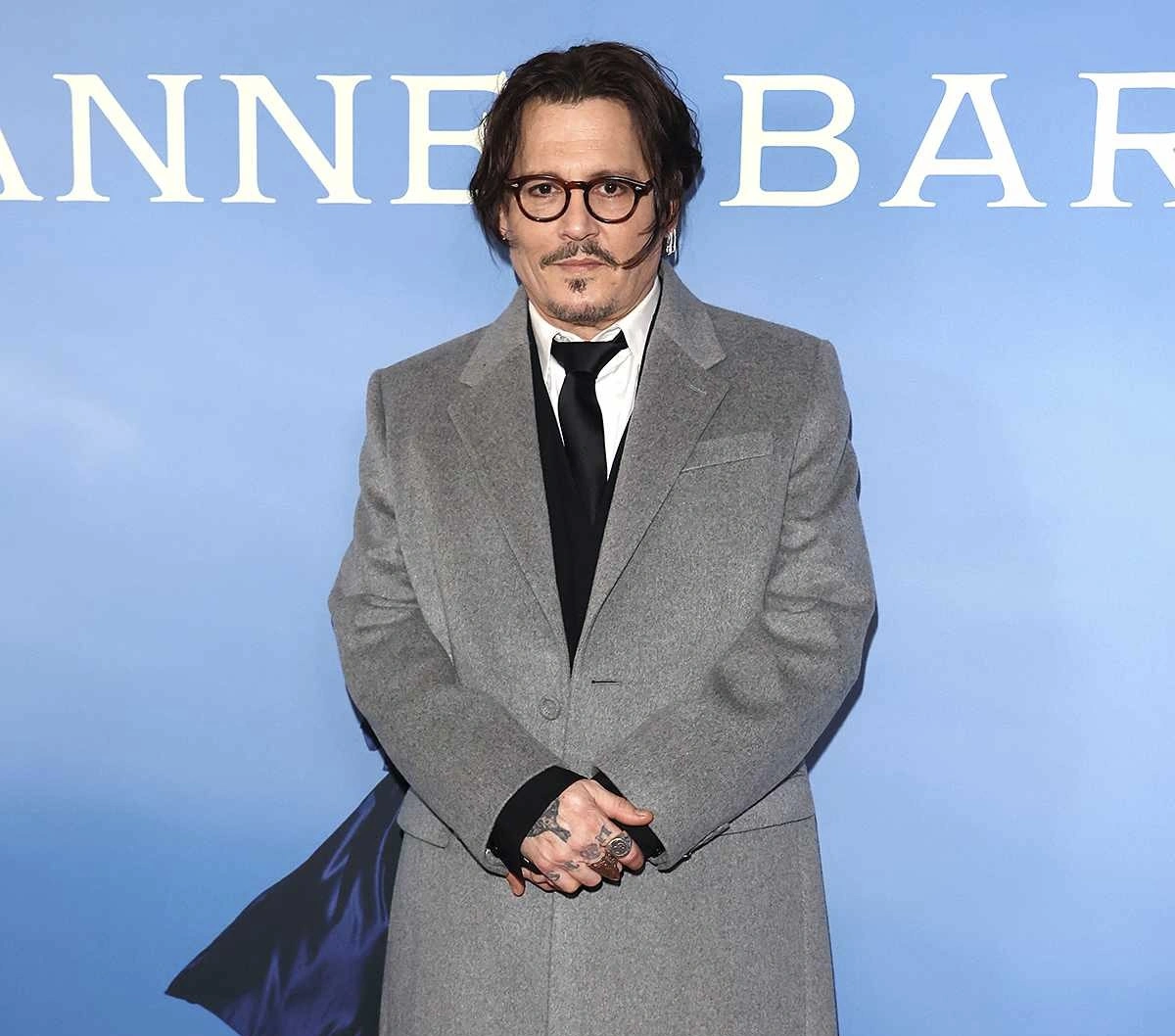In a monumental step for the intersection of academia and hip-hop, legendary rapper and social activist Lupe Fiasco will teach a course on rap at the prestigious Johns Hopkins University Peabody Institute. This development is an exciting and highly significant event in both the music and educational worlds, as it signals a new wave of recognition for rap as an art form and a serious subject of academic inquiry. The course, which will be offered to students at the renowned music school, marks a unique fusion of hip-hop culture with the more traditional structures of classical music education. For Fiasco, who has always strived to elevate the culture of rap and its artistry, teaching at an institution like Peabody represents a fulfilling milestone in his career.
“I’m honored to contribute to this legacy doing what I love most, rap,” Fiasco shared, making clear his passion for both the art form and for shaping the next generation of artists. This course promises to be transformative not only for students at Peabody, but also for the way rap is perceived in academic spaces moving forward.
Lupe Fiasco: A Revolutionary Artist
Lupe Fiasco is widely regarded as one of the most innovative and thought-provoking rappers of his generation. With a career spanning over two decades, Fiasco’s impression on hip-hop has been profound, thanks to his sophisticated lyricism, complex storytelling, and ability to address critical social issues within his music. Born Wasalu Muhammad Jaco on February 16, 1982, in Chicago, Illinois, Fiasco first made waves in the early 2000s with his debut album, “Food & Liquor” (2006). His unique style—a mix of conscious rap, sharp social commentary, and intricate wordplay—quickly set him apart from many of his contemporaries. His 2007 Grammy-winning single, “Daydreamin’,” and subsequent album “The Cool” (2007) cemented his place as a boundary-pushing artist who didn’t shy away from tackling subjects like politics, race, and urban life.
Fiasco’s music has consistently been a reflection of his intellectual curiosity, and he often draws from a wide range of influences, from literature and philosophy to history and science. He’s known for infusing his lyrics with complex metaphors, double entendres, and references that require deep listening and reflection. His ability to weave narratives around challenging themes—such as systemic oppression, social inequality, and mental health—has made him a unique voice in rap, earning him both critical acclaim and a loyal fan base.
Beyond his work as a musician, Fiasco has consistently used his platform to advocate for positive change, working with various organizations and initiatives that focus on education, poverty alleviation, and youth empowerment. His decision to teach at Peabody is yet another example of his commitment to fostering a culture of intellectual curiosity and social consciousness, this time through the medium of hip-hop.
The Peabody Institute: An Institution of Excellence
The Peabody Institute is one of the most distinguished conservatories in the United States, with a history that spans over 150 years. Founded in 1857 by philanthropist George Peabody, the institution has long been a hub for classical music, dance, and performing arts. It is affiliated with Johns Hopkins University, a world-renowned institution known for its commitment to academic excellence and groundbreaking research.
Peabody is home to some of the brightest young musicians, dancers, and performers in the world, and its programs are designed to foster technical mastery while encouraging creativity and artistic expression. Students at Peabody receive rigorous training in classical music, opera, and ballet, but the institution also emphasizes the importance of contemporary music and innovation. This open-minded approach has allowed Peabody to remain at the forefront of musical education in a rapidly changing world.
With the addition of Fiasco’s course, Peabody continues its tradition of embracing new artistic expressions. The decision to offer a course specifically focused on rap is not only a nod to the growing cultural importance of hip-hop but also a recognition of the genre’s artistic and intellectual depth. Rap, often dismissed by traditionalists as a mere product of the streets, has become one of the most influential musical movements of the past several decades. Its impact on everything from fashion and politics to language and social justice is undeniable. By inviting Fiasco, one of the genre’s most respected voices, to teach at Peabody, the institution is making a bold statement about the future of music education.
The Course: What Students Can Expect
The course, which will be taught by Fiasco himself, will offer an in-depth exploration of the art of rap, focusing on both the technical aspects of lyricism and the cultural context in which the genre has evolved. While specific details of the curriculum have yet to be revealed, it’s clear that Fiasco will bring his wealth of knowledge and experience as a practitioner of the craft into the classroom. He will not only teach students how to write and perform rap but also delve into the history of hip-hop, examining its roots in African American oral traditions, its growth in the Bronx in the 1970s, and its global expansion into one of the most dominant musical forms today.
The course will likely explore the broader themes that Fiasco addresses in his music, such as social justice, race, and politics. Students will be encouraged to analyze rap lyrics from a literary perspective, interpreting metaphors, wordplay, and the deeper meanings behind the lines. This intellectual approach to rap will likely set the course apart from other music classes, as students will learn not only about the technicalities of rhyme and flow but also about how rap functions as a tool for social commentary and cultural expression.
One of the most exciting aspects of Fiasco’s course is the opportunity for students to learn from an artist who has been at the forefront of the genre for years. Fiasco’s firsthand experience as both a successful artist and a cultural critic will provide students with invaluable insights into the music industry and the role of rap in shaping societal narratives. For students aspiring to have careers in hip-hop or music more broadly, the course will serve as a unique learning opportunity to gain a deeper understanding of the genre from one of its most respected figures.
The Importance of Rap as an Academic Subject
The inclusion of rap in a prestigious academic institution like Peabody marks an important shift in the way we perceive the role of music in education. For too long, rap has been relegated to the fringes of music education, with traditional institutions focusing primarily on classical music or popular genres like rock and pop. However, in recent years, rap has gained widespread recognition as a legitimate and influential form of artistic expression, and its inclusion in academic curricula is a natural progression.
Rap is more than just a genre of music; it is a form of storytelling, a means of expressing identity, and a powerful tool for social change. With its roots in African American culture, rap has long served as a platform for marginalized voices to tell their stories and challenge the status quo. In this sense, teaching rap in an academic setting is not just about teaching students how to rhyme or flow—it’s about helping them understand the broader cultural and historical significance of the genre.
For Fiasco, teaching rap at Peabody is an opportunity to share his passion for the genre and its transformative power with the next generation of artists, thinkers, and activists. By legitimizing rap as a subject of academic study, he is helping to elevate the genre and encourage students to think critically about its potential as a vehicle for artistic expression and social change.
Hip-Hop Community Movement And Impression
Fiasco’s decision to teach at Peabody is also a major moment for the hip-hop community, which has long fought for recognition in mainstream arts and culture institutions. While hip-hop is arguably the most influential and popular genre of music in the world today, it has often struggled for academic acceptance. Historically, rap has been dismissed as a product of the streets, with critics focusing on its controversial elements rather than its artistic merit. By offering a course on rap at Peabody, Fiasco is helping to change the narrative and push for greater recognition of hip-hop as an intellectual and artistic form.
This course is a clear sign that hip-hop’s place in academia is becoming more secure, as universities and music institutions begin to realize the genre’s cultural significance and its potential as a subject of study. Fiasco’s involvement is especially meaningful because of his longstanding commitment to using his music to address social and political issues. His work has always been about more than just entertainment; it’s about educating, enlightening, and empowering people through the power of words.
Final Thoughts
Lupe Fiasco’s decision to teach rap at Johns Hopkins’ Peabody Institute is a groundbreaking moment in both the world of hip-hop and academia. It represents a bridge between the worlds of traditional music education and contemporary artistic expression, highlighting the importance of rap as an academic subject and as a tool for social commentary. For Fiasco, it is a chance to contribute to the next generation of artists and thinkers while continuing his mission of using music as a means of change.
With his unique perspective, Fiasco is sure to inspire students and encourage them to explore rap’s potential not just as a musical genre, but as a cultural force with the power to shape society. This course is more than just an opportunity to learn about rap—it is an invitation to understand the power of words and music to challenge, inspire, and change the world.
No comments yet.








